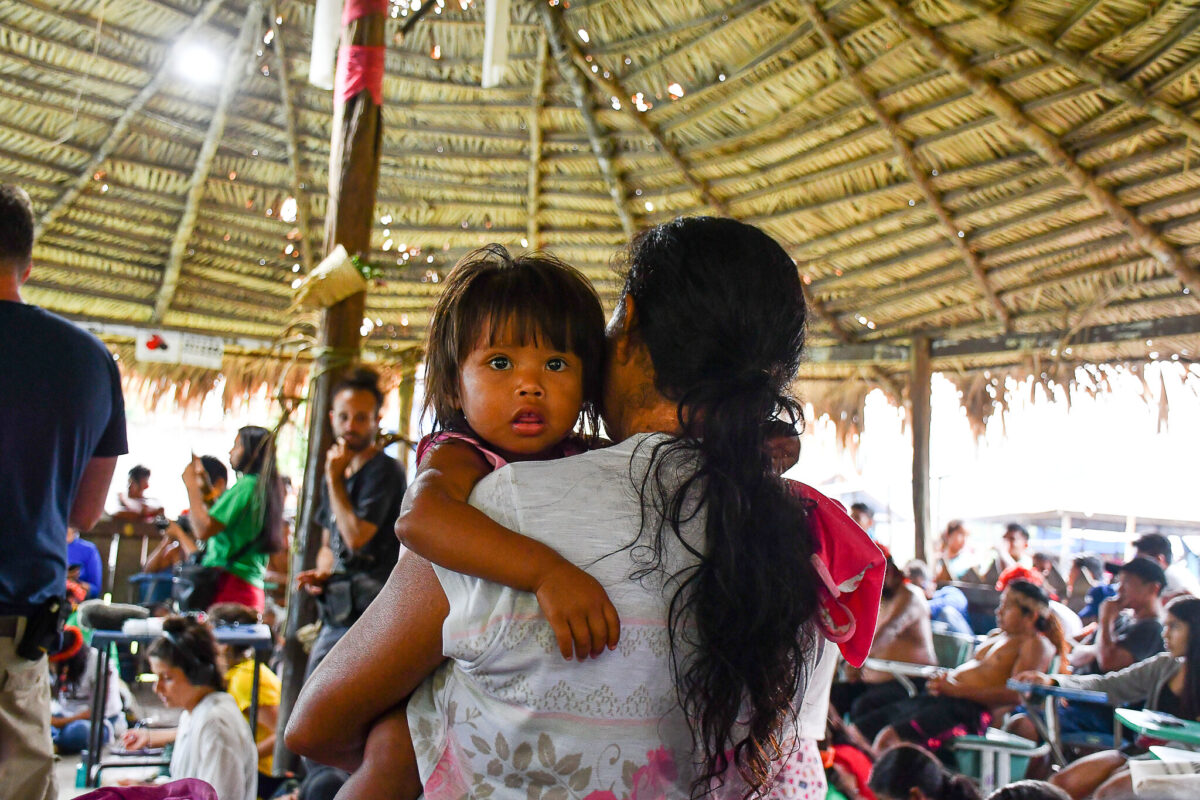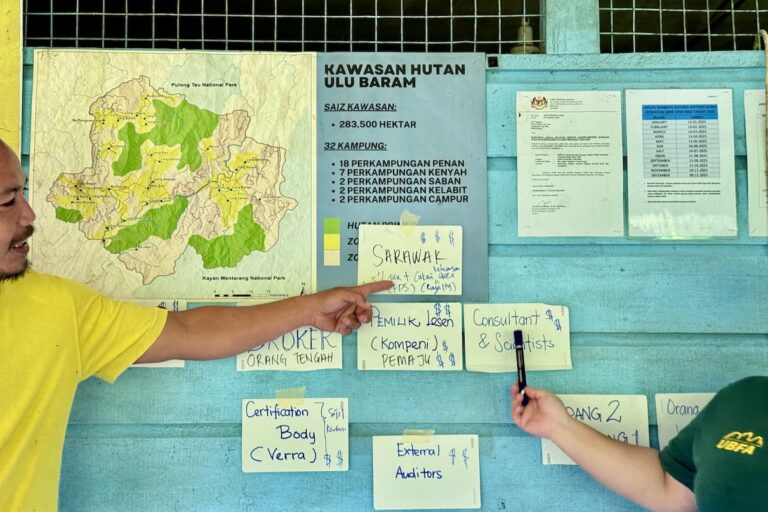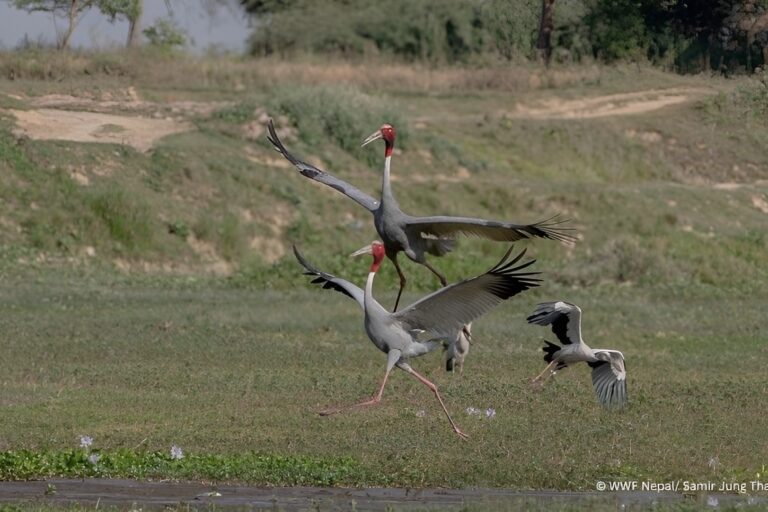Founder’s Briefs: An occasional series where Mongabay founder Rhett Ayers Butler shares analysis, perspectives and story summaries.
In a packed event held in Palo Alto, California, at the end of SF Climate Week in April, Willie Shubert, the vice president of programs and executive editor at Mongabay, shared a compelling example of how Mongabay’s journalism is making a real-world impact.
He described how Mongabay’s consistent, beat-focused coverage helped prevent the deforestation of 535,000 hectares (1.32 million acres) of Amazon Rainforest in Suriname — an area equivalent to more than 15% of global annual primary tropical forest loss.
For years, Mongabay reporters had tracked the expansion of Mennonite agricultural communities across Latin America, using satellite imagery, field research and on-the-ground verification. By treating incremental developments — such as new bridges into areas adjacent to protected areas zones — as newsworthy early-warning signs, our journalists built a network of trusted sources and strong relationships with local communities.
This trust paid off when a confidential source leaked a secret agreement to convert vast areas of rainforest for new agricultural settlements for Mennonite colonists. Mongabay broke the story in December 2023 with satellite analysis from the nonprofit Amazon Conservation. By January, lawmakers, civil society groups and Indigenous communities mounted an outcry. The pilot project was cancelled soon after, and the larger initiative was halted by court injunction.
Shubert emphasized that this result wasn’t the product of a single investigation, but of daily, consistent journalism — showing how long-term commitment to covering environmental beats can shape real outcomes for forests, communities and the planet.
It’s a powerful reminder: timely, accurate journalism doesn’t just inform — it inspires people to action.
Banner image: Rainforest in Suriname. Image by Rhett A. Butler/Mongabay.














